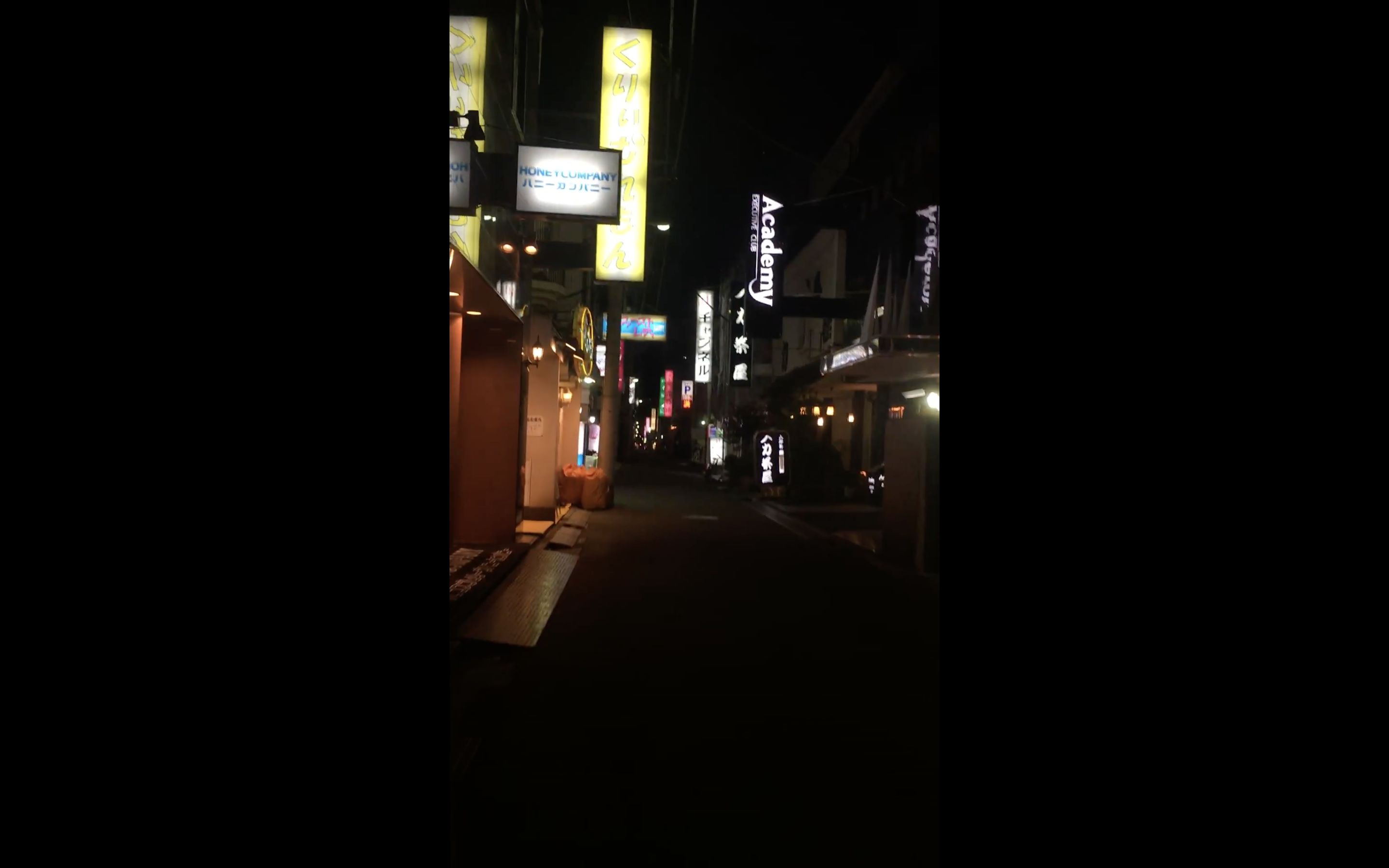How Japan’s Secretive ‘Soapland’ Brothels Operate
October 21, 2020In Tokyo's red-light districts, shops advertise services like the menus outside restaurants. Kyakuhiki, or the men who coax customers from the street, carry laminated cards listing prices and options. There is binta, a slap across the face, and hizamakura, lying on the worker's lap, but also fellatio and hand jobs. However, one thing is consistently never offered: honban, or vaginal intercourse. The Anti-Prostitution Act passed in 1958 made it illegal. One worker claims that to even ask for it is considered impolite, silly even, as men know they can "go to soaplands if they're looking for that."
Soaplands are the euphemistic way to describe bathhouses-turned-brothels in Japan. There, services are never listed outright; only the customer and sōpu-jyō, or "soap girl", determine what happens in private rooms. Yasuo, a night-shift construction worker in Yoshiwara, Tokyo's main soapland district, explains that customers pay for an initial bath with a soap girl, then purchase what they desire. In most cases, no form of sex is off-limits.
Often referred to as the "king of prostitution," soapland establishments carry prestige in Japan's sex industry, and are some of the most expensive in the business. The required bath beforehand demands great effort and care. The men who come here, says Yasuo, are "old, wealthy salarymen who want to relax after a long day's work." Customers pay roughly 30,000 yen ($280) for just the bath portion of the evening, and the fee goes directly to bathhouse owners. What happens afterwards is priced by the sex worker, though is often 2 to 3 times the base bath price. These profits go to the sōpu-jyō.

Though soaplands operate as private bathhouses on legal premises, it's common knowledge that penetrative sex is bought, despite its illegality. As with most other illegal operations, it's highly dependent on a don't ask, don't tell principle but the unregulated business also lives off a fragile yet well-placed loophole. Once bath time ends and the later activities commence, soap girls and customers are understood to have a jiyū ren'ai, a free love relationship. So long as both parties can agree they're in love, the law allows for all acts. Love, in this case, contingent on the exchange of cash.
The work, however precariously it skirts criminality, requires great training and expertise. First and foremost, as one sōpu-jyō Aya describes, soap-women should master the standard erotic bath service. By way of illustration, lotion play consists of the soap girl rubbing lotion diluted with hot water over a client. During mat play, customers lie on mats and get bathed. Incorporation of the "dirty chair," a concave bathing chair with access to the man's entire nether regions, is also standard.
Given the required expertise, finding a job at a soapland is not that straightforward. Newcomers and experienced, non-soapland sex workers must undergo a formal training period. Most of the instruction is given with manuals or DVDs, but depending on the establishment, trainees can also expect to demonstrate what they have learned on male employees. The interview process is competitive, as many workers aim for jobs in higher-paying brothels.
Depending on a place's position in the hierarchy, the job description varies. Girls who work in kōkyu-ten, or luxury "stores," are expected to allot around 2 to 3 hours per customer. Sometimes they're asked to offer no-condom services, which is usually not the case in lower ranking businesses. Aya explains that the risk of contracting sexually-transmitted diseases is generally rewarded with steeper pay. The base price for sexual services can be 60,000 yen, even going up to 100,000 to 120,000 yen. Some of these sōpu-jyō work a few years in the soaplands then start careers posing in magazines geared towards men - called gravure modeling - or adult video entertainment: "That's how high the quality of girl is," Yasuo said.
Though the annual profit of what may be a billion-dollar industry is enough of a reason to leave Japan's sex workers undisturbed, soaplands remain in part due to their history. Known as the oldest form of prostitution in Japan, soaplands evoke images from the Edo period lasting from 1603 to 1868. But sōpu-jyō should not be confused with geishas, who around this same historical period flourished as talented entertainers, often with music and dance.
Sex workers were originally confined to three areas, sanctioned in 1618 by the Tokugawa Shogunate, according to historians. Of the soapland districts in the nation today, the most historic and well-known is Yoshiwara, located in Tokyo. The area does not exist on a map but its name still summons thousands of customers and sōpu-jyō from all prefectures. In fact, it's so synonymous with profit that sex workers in rural prefectures essentially become migrant workers to earn money there. Sometimes they live in dormitories provided by their shop, as Yasuo points towards slightly shabby buildings. Other than the belongings they bring with them, workers carry the expectation that Yoshiwara is where money can be made.
Before the 1926 Great Kanto Earthquake and fire, men entered Yoshiwara on boats on the Sumida River. Today the formerly walled-off district has been replaced with eerily quiet streets, dimly lit by the warm glow of bathhouse storefronts. Black suits guard every door, their stoic expressions only breaking to greet customers and workers arriving by car service.
The physical structure of Yoshiwara is a metaphor for how the area still remains relatively clandestine. To those who care not to look, Yoshiwara is as it appears on city maps - nonexistent, erased even. For those whose interests have been only mildly piqued, they can see nothing more than rows of bathhouses for passionate, hygienic care. But there's a hidden reality behind the cloudy, dim light, that comes into sharper focus for anyone who stay longer.
